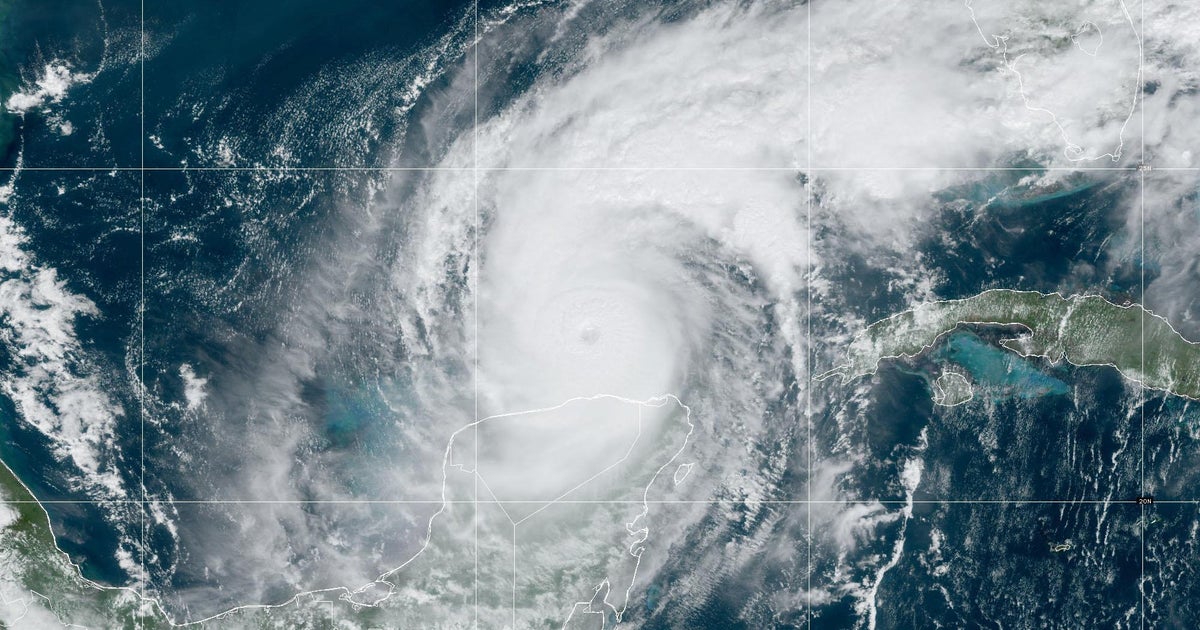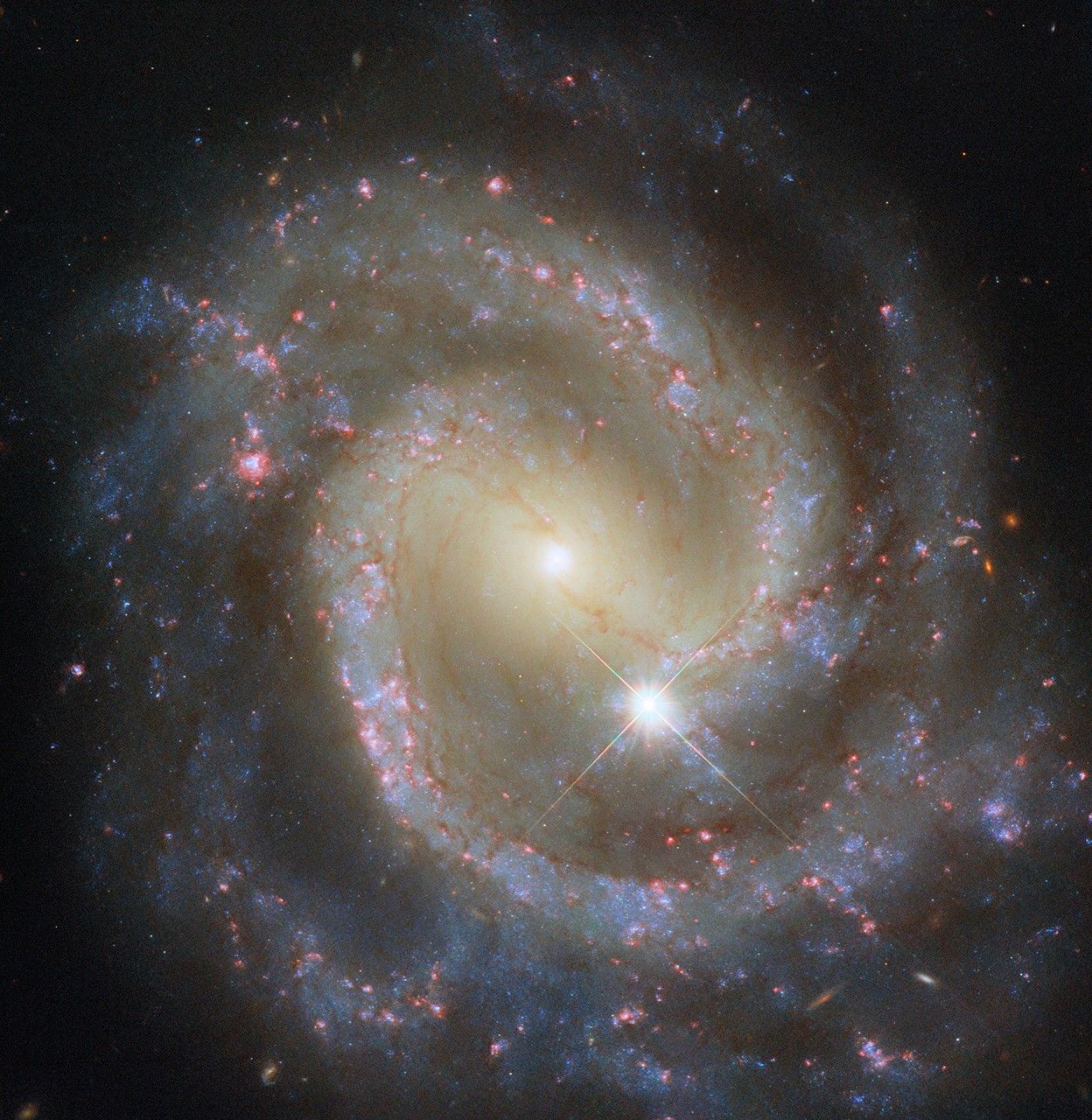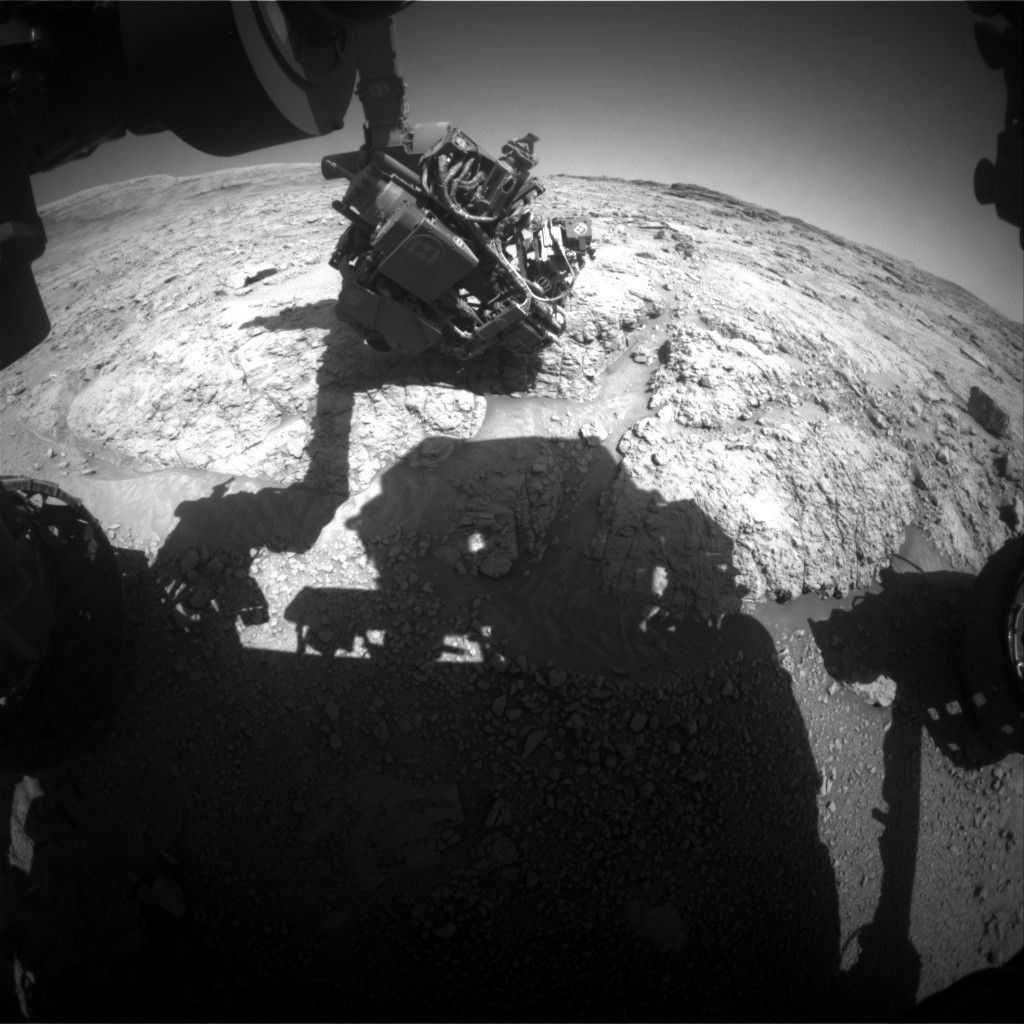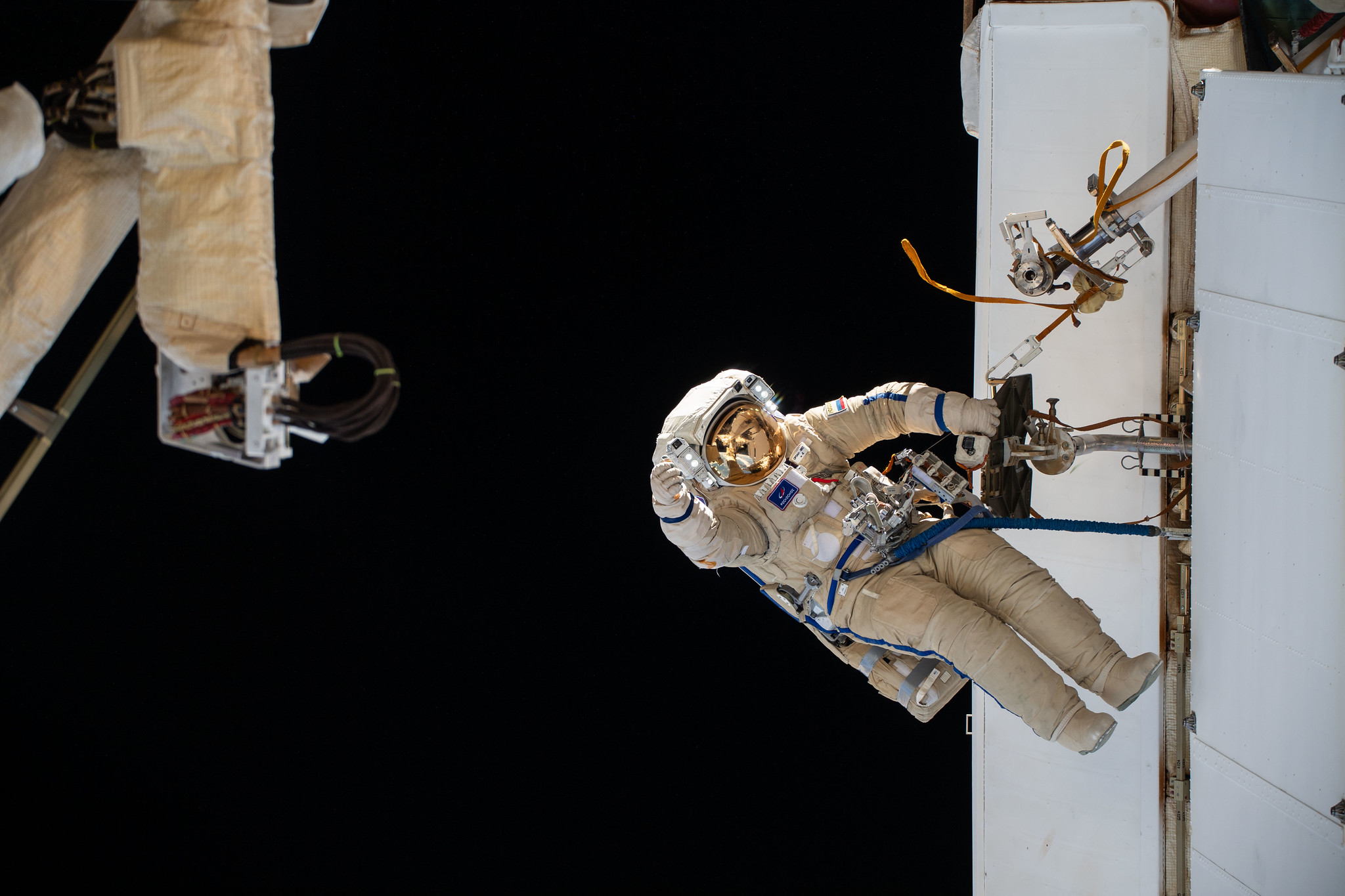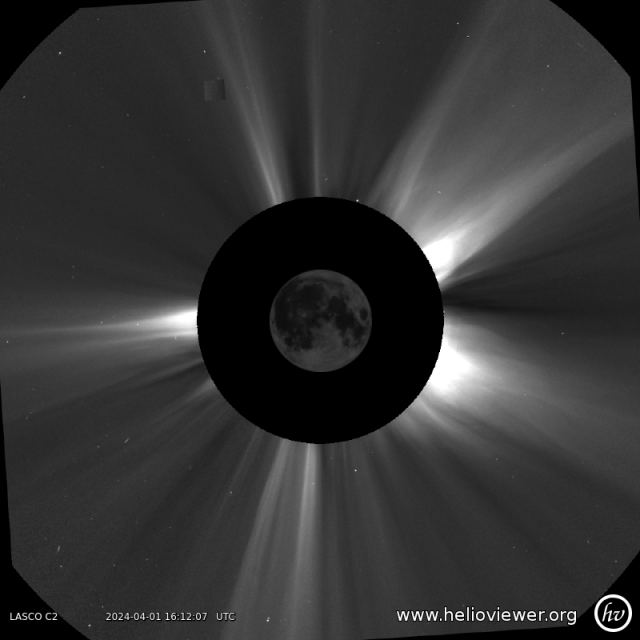NASA Sees Progress on Blue Origin’s Orbital Reef Life Support System
A NASA-funded commercial space station, Blue Origin’s Orbital Reef, recently completed testing milestones for its critical life support system as part of the agency’s efforts for new destinations in low Earth orbit. The four milestones are part of a NASA Space Act Agreement originally awarded to Blue Origin in 2021 and focused on the materials […]
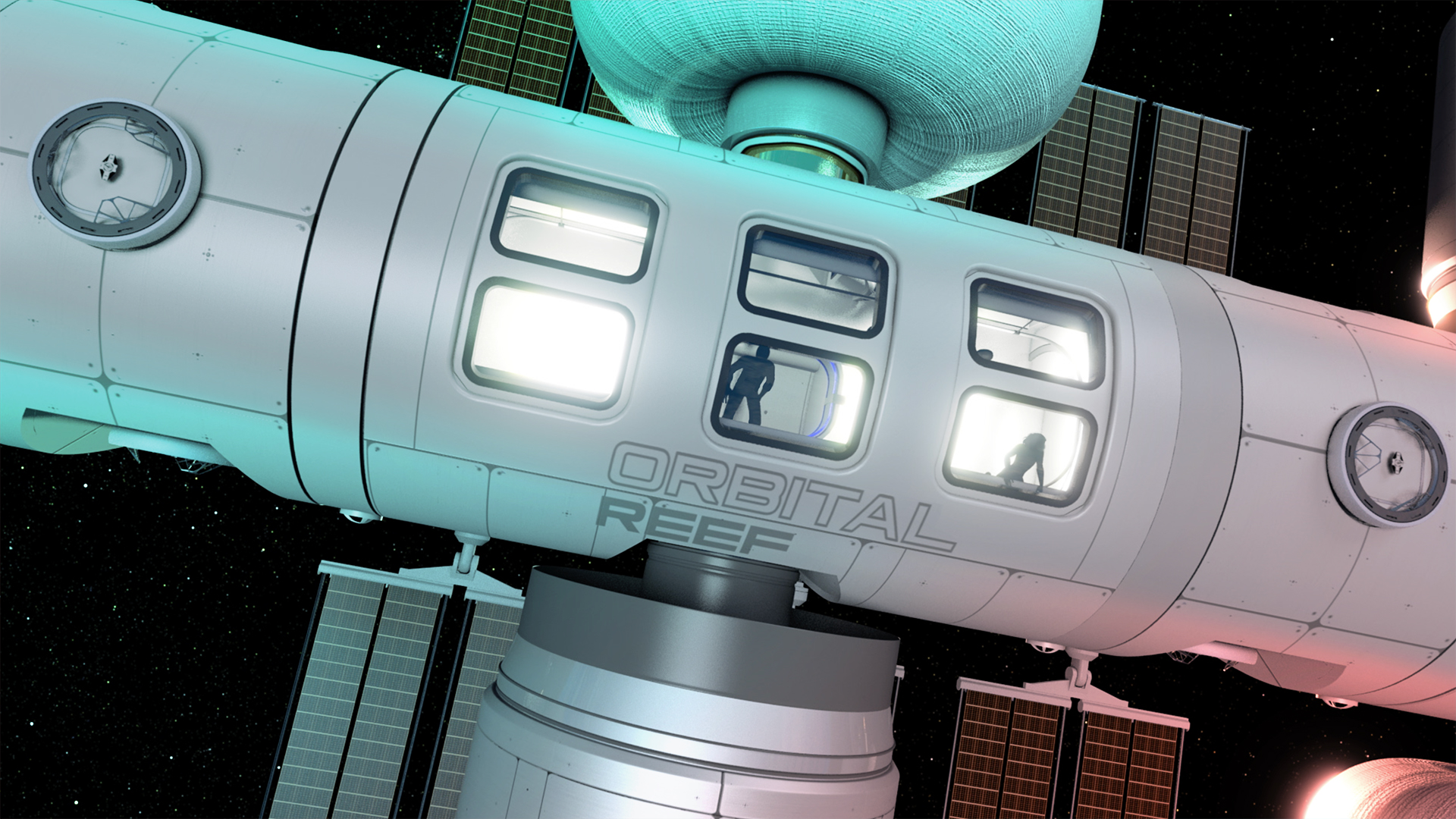
A NASA-funded commercial space station, Blue Origin’s Orbital Reef, recently completed testing milestones for its critical life support system as part of the agency’s efforts for new destinations in low Earth orbit.
The four milestones are part of a NASA Space Act Agreement originally awarded to Blue Origin in 2021 and focused on the materials and designs for systems to clean, reclaim, and store the air and water critical for human spaceflight.
NASA is working closely with commercial companies to develop new space stations capable of providing services to NASA and others, which will ensure that the U.S. maintains a continuous human presence in low Earth orbit and provides direct benefits for people on Earth.
“These milestones are critical to ensuring that a commercial destination can support human life so NASA astronauts can continue to have access to low Earth orbit to conduct important scientific research in the unique microgravity environment,” said Angela Hart, manager of NASA’s Commercial Low Earth Orbit Development Program. “Additionally, each milestone that is completed allows NASA to gain insight into our partner’s progress on station design and development.”
Humans living and working in space do so in a closed environment that must be monitored and controlled. On the International Space Station, components for the environmental control and life support system maintain clean air and water for astronauts. The regenerative system recycles and reclaims most of the water and oxygen produced by normal human activities. This significantly reduces the amount of mass that would have to be launched to the orbiting laboratory for these functions.
Orbital Reef will have a similar system in place. All four milestones tested different parts of the system, including a trace contaminant control test, water contaminant oxidation test, urine water recovery test, and water tank test.
The trace contaminant control test screened materials to remove harmful impurities from the air. The water containment oxidation test, urine water recovery test, and water tank test all focused on potential cleaning, reclaiming, and storing technologies.
NASA is supporting the design and development of multiple commercial space stations, including Blue Origin’s Orbital Reef, through funded and unfunded agreements. The current design and development phase will be followed by the procurement of services from one or more companies, where NASA aims to be one of many customers for low Earth orbit destinations.
NASA’s commercial strategy for low Earth orbit will provide the government with reliable and safe services at a lower cost and enable the agency to focus on Artemis missions to the Moon in preparation for Mars, while also continuing to use low Earth orbit as a training and proving ground for those deep space missions.
For more information about NASA’s commercial space strategy, visit:
What's Your Reaction?



















.jpg?#)







